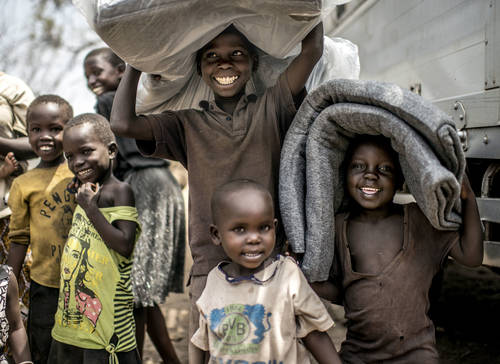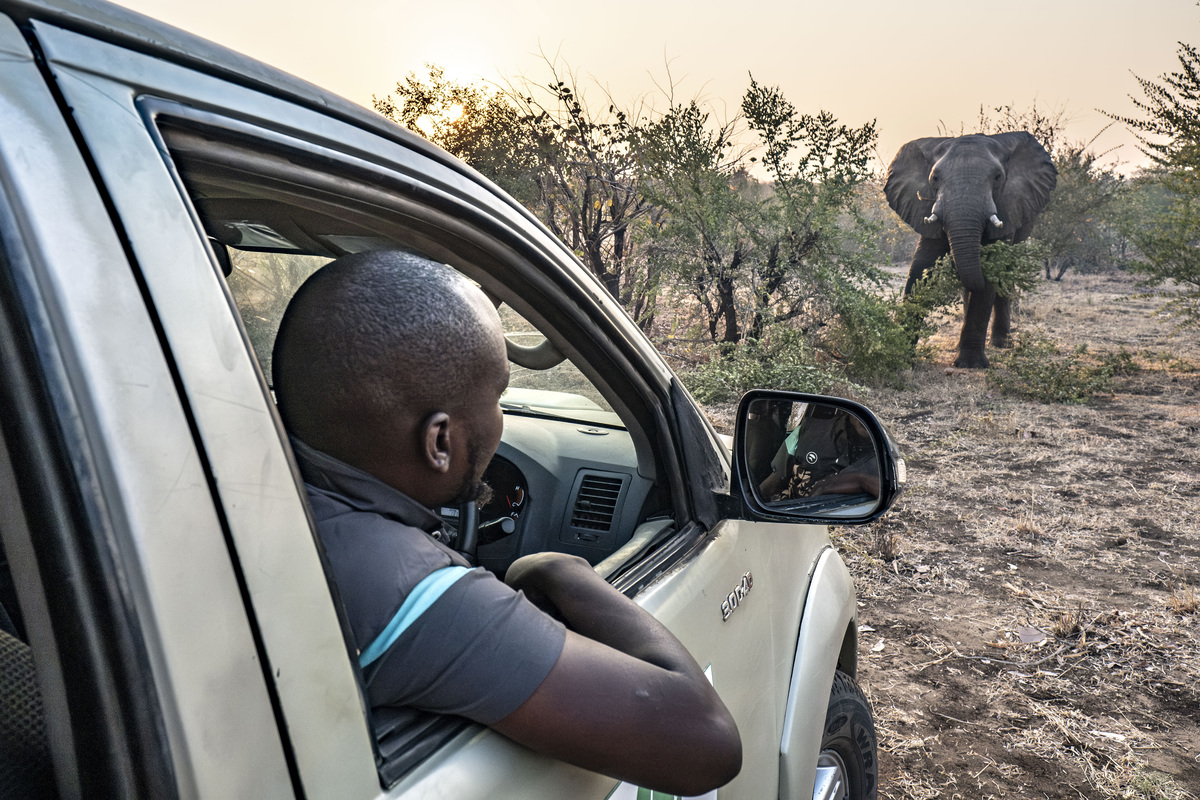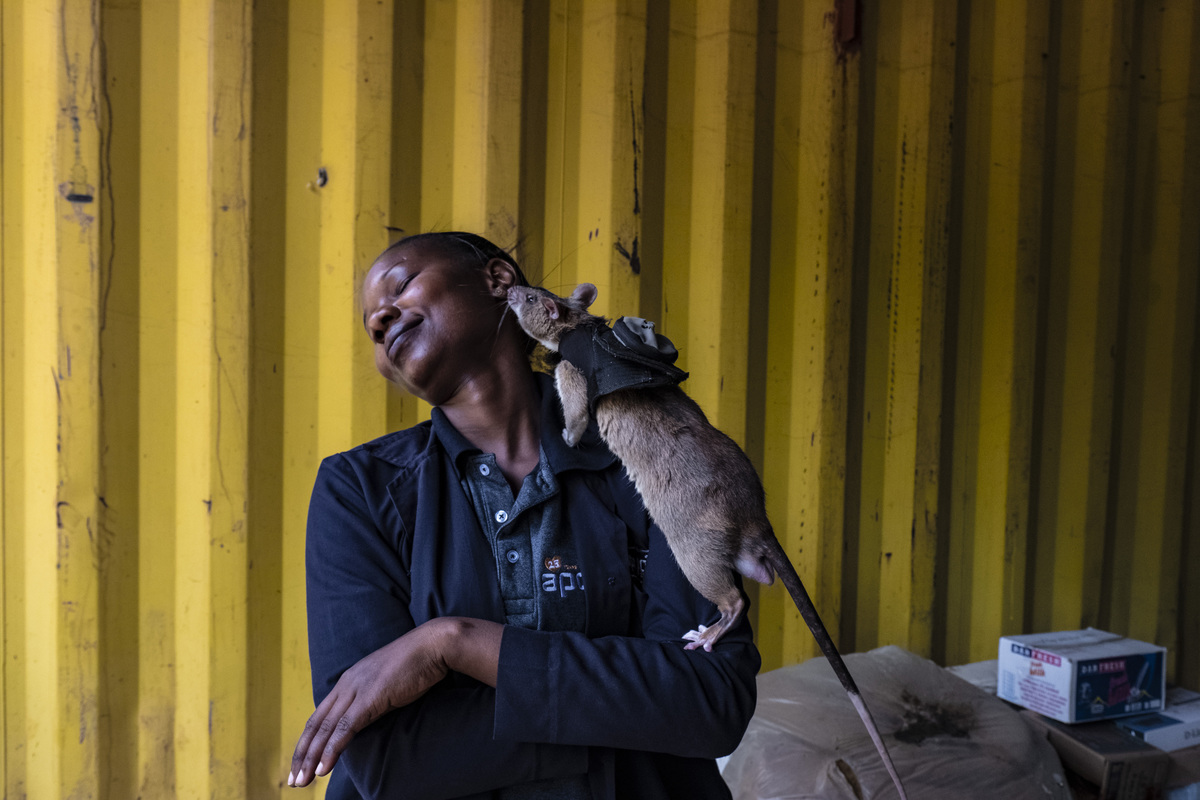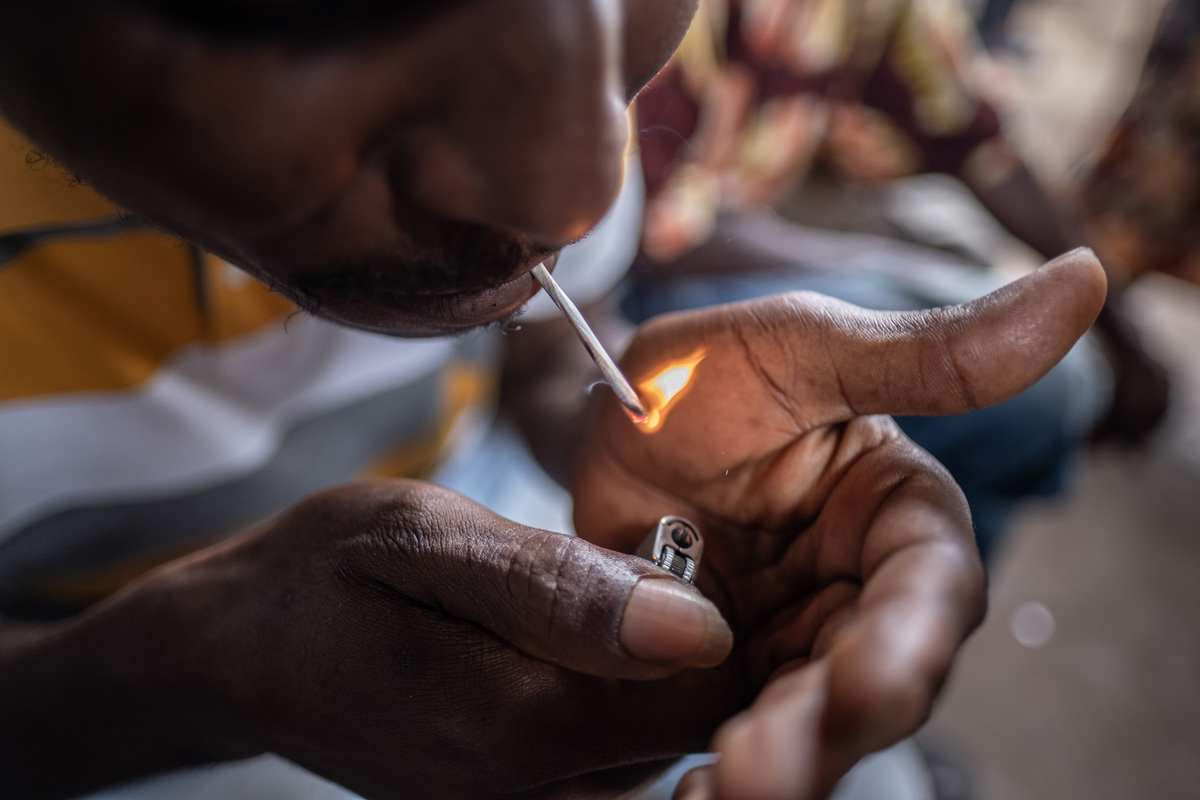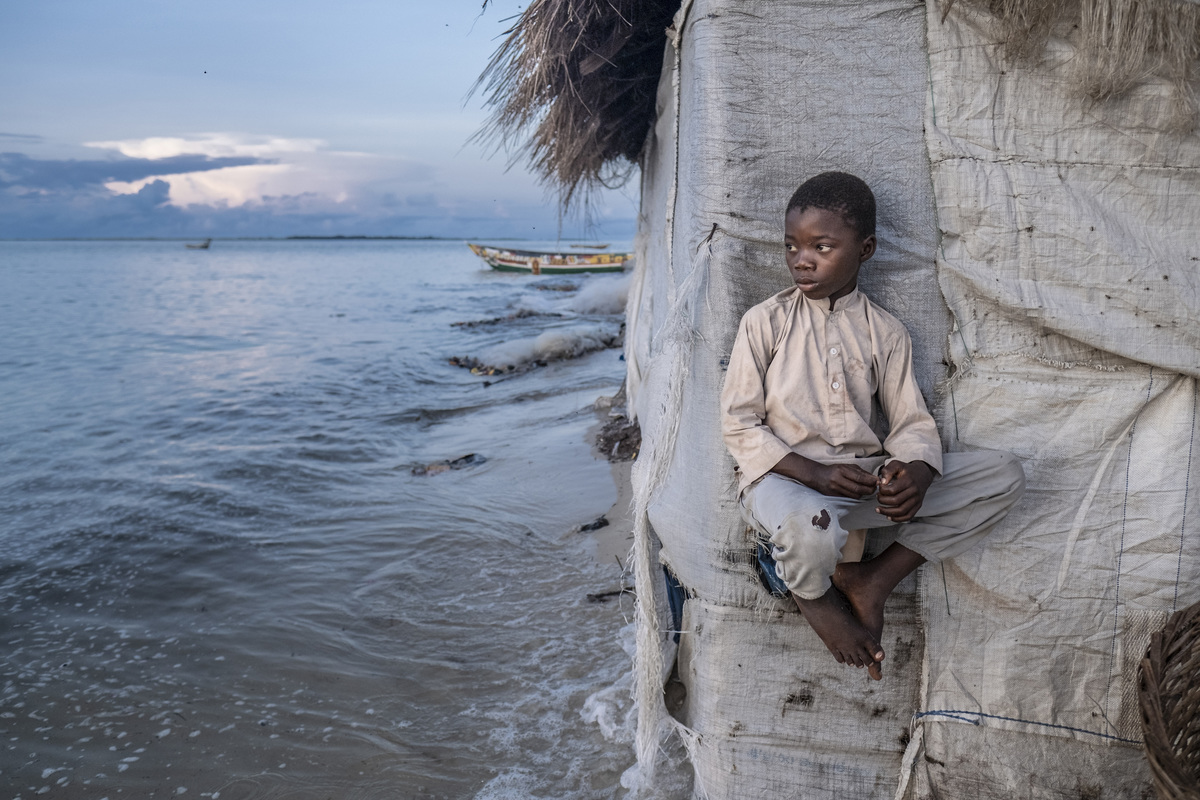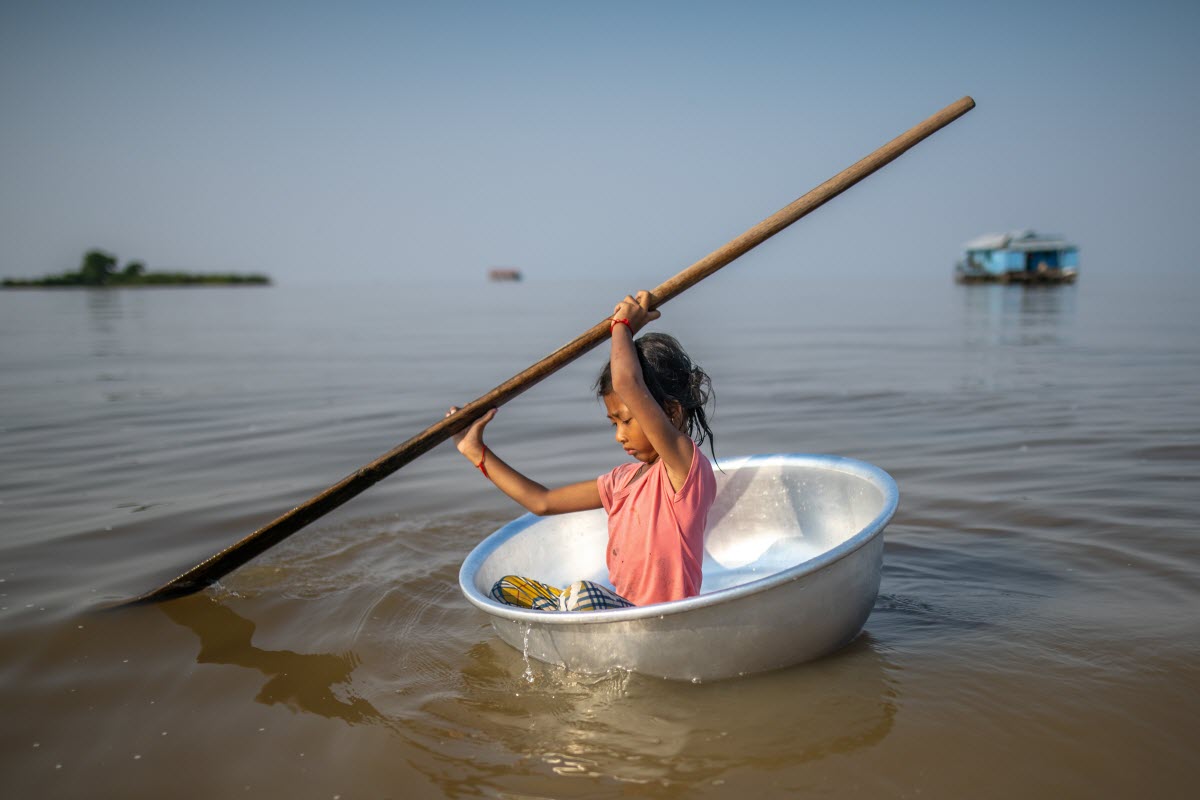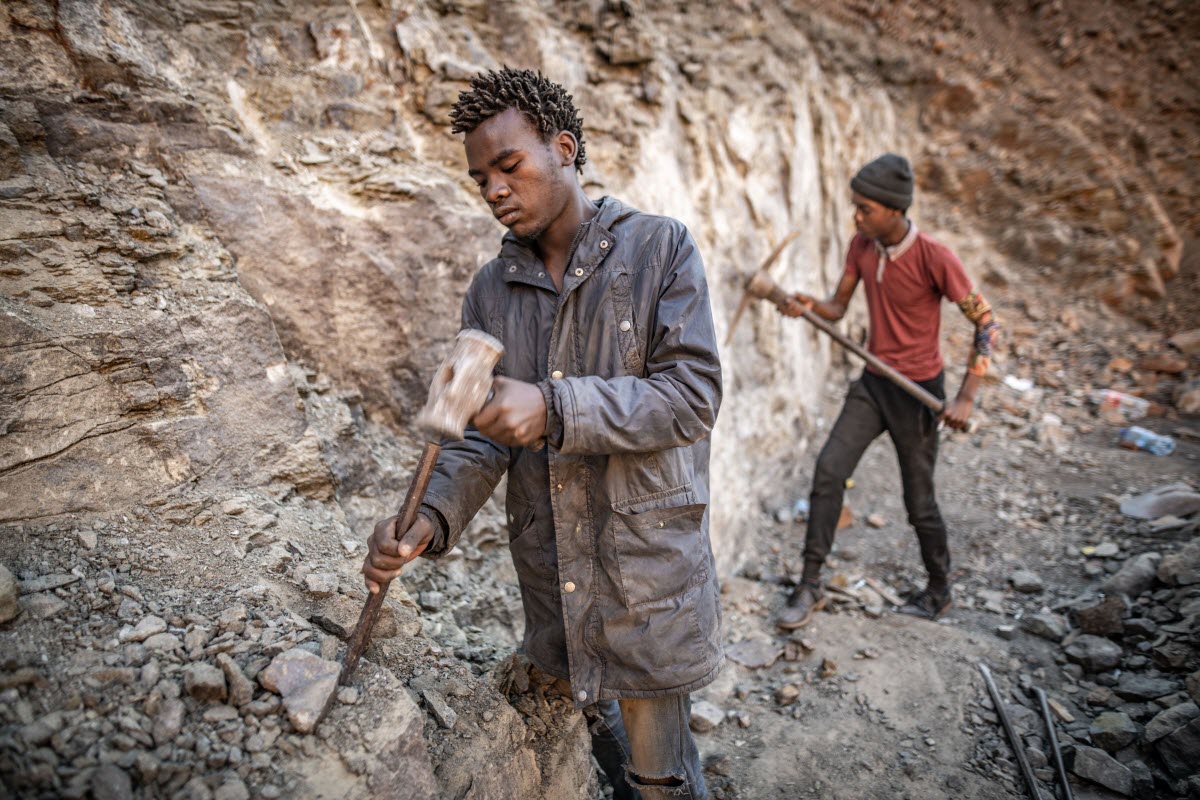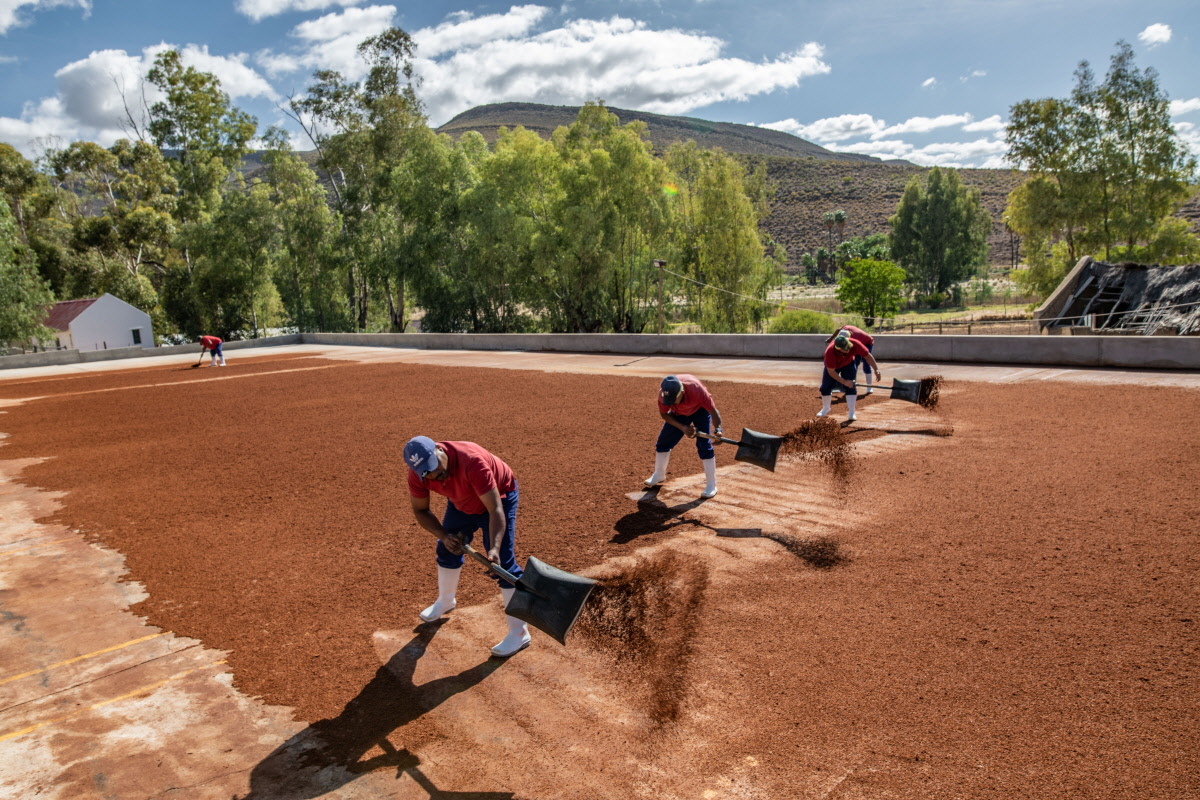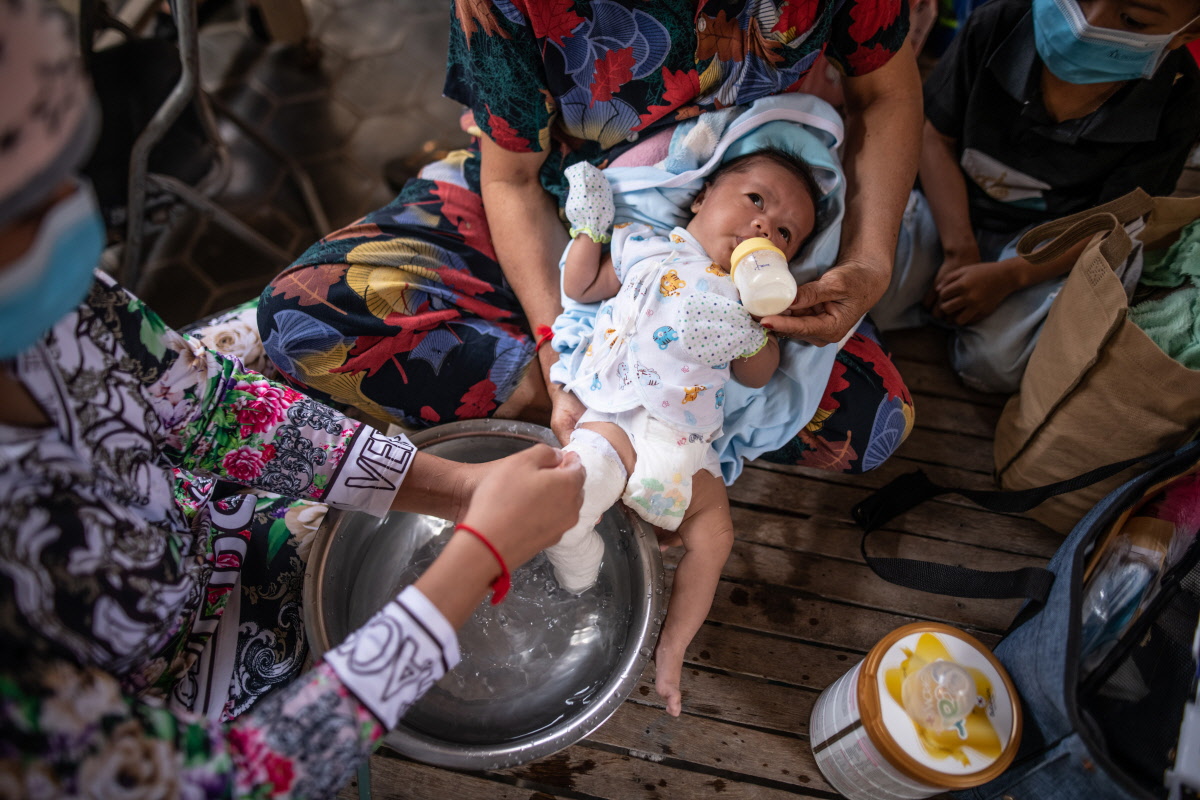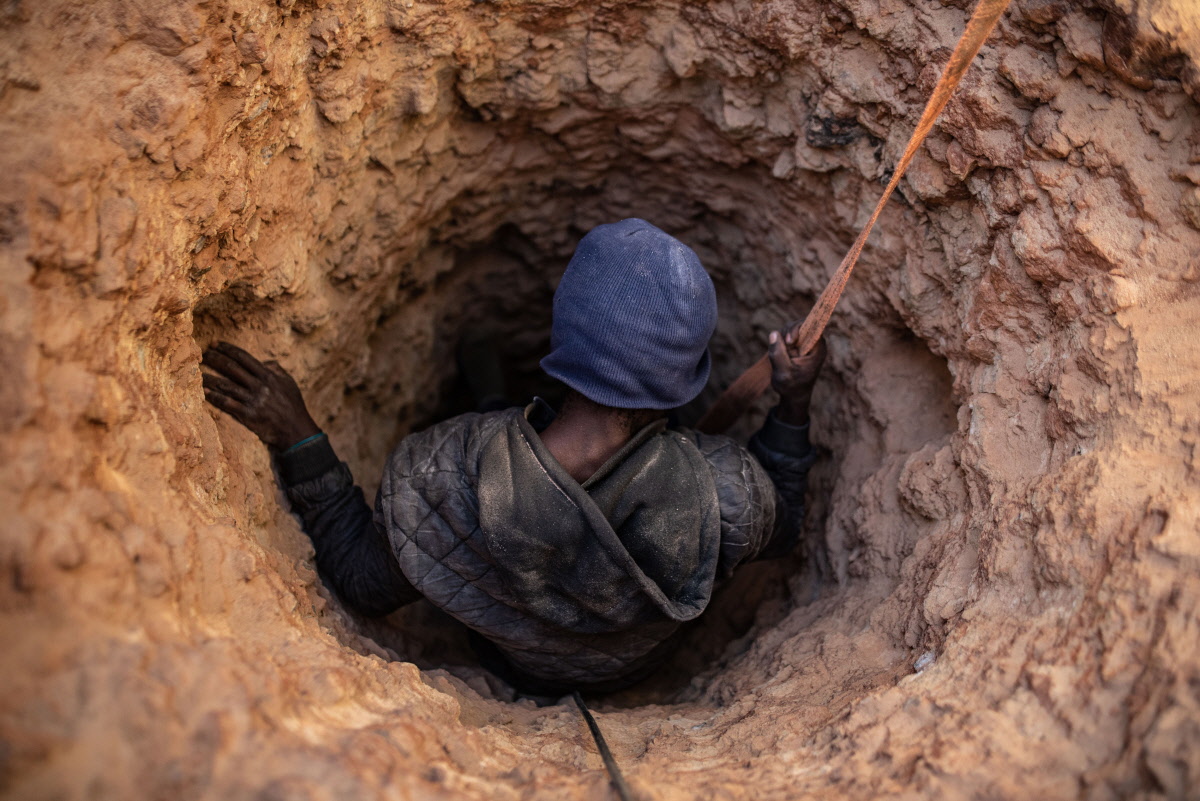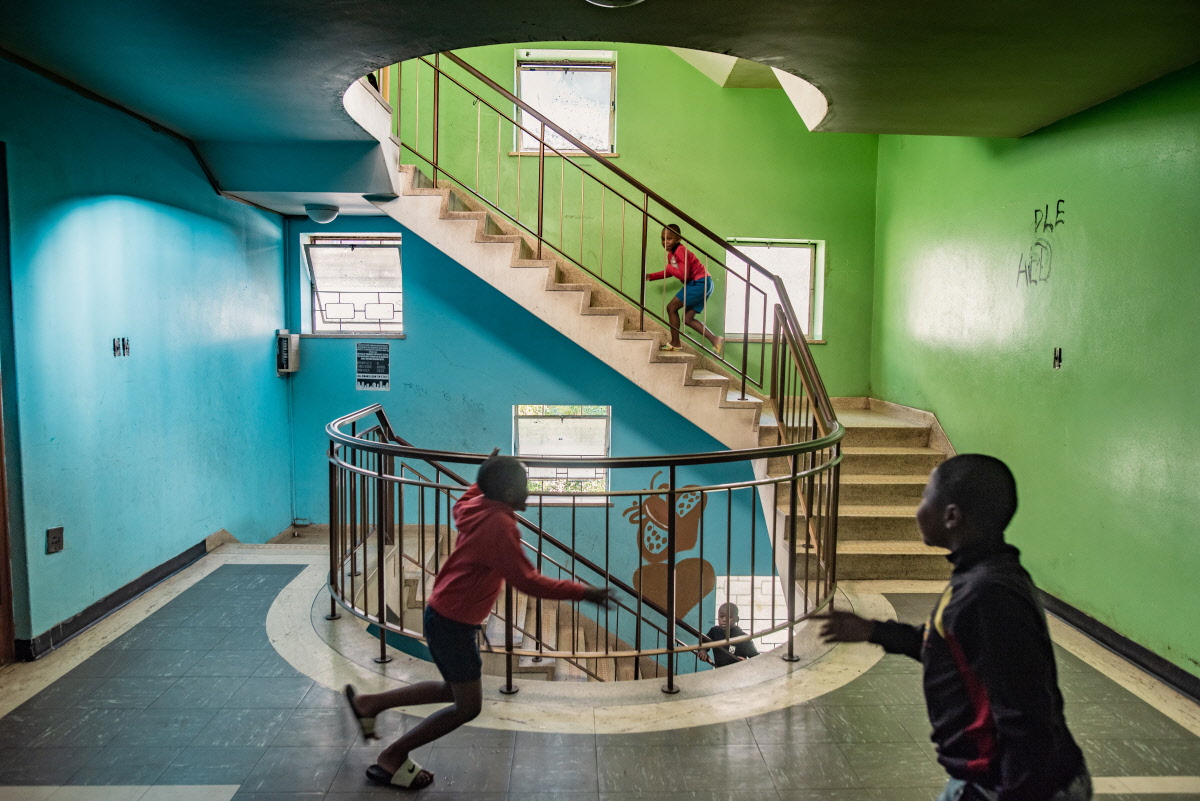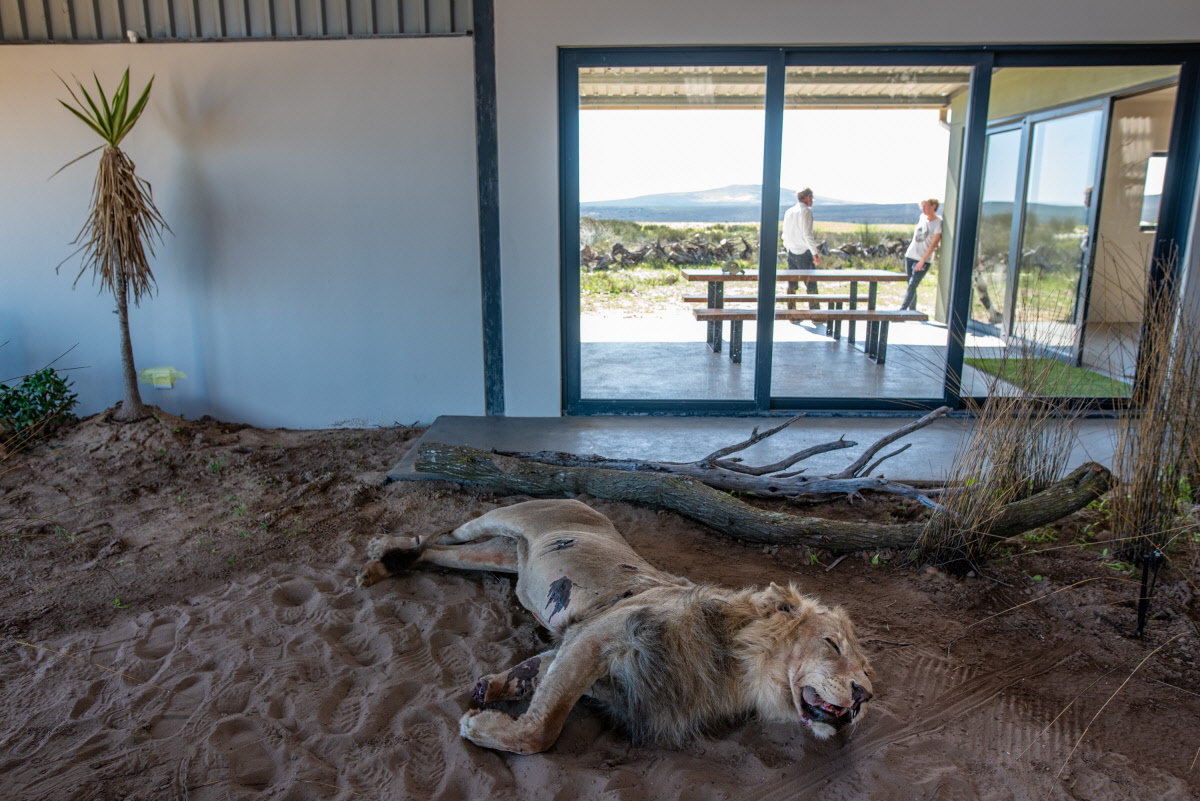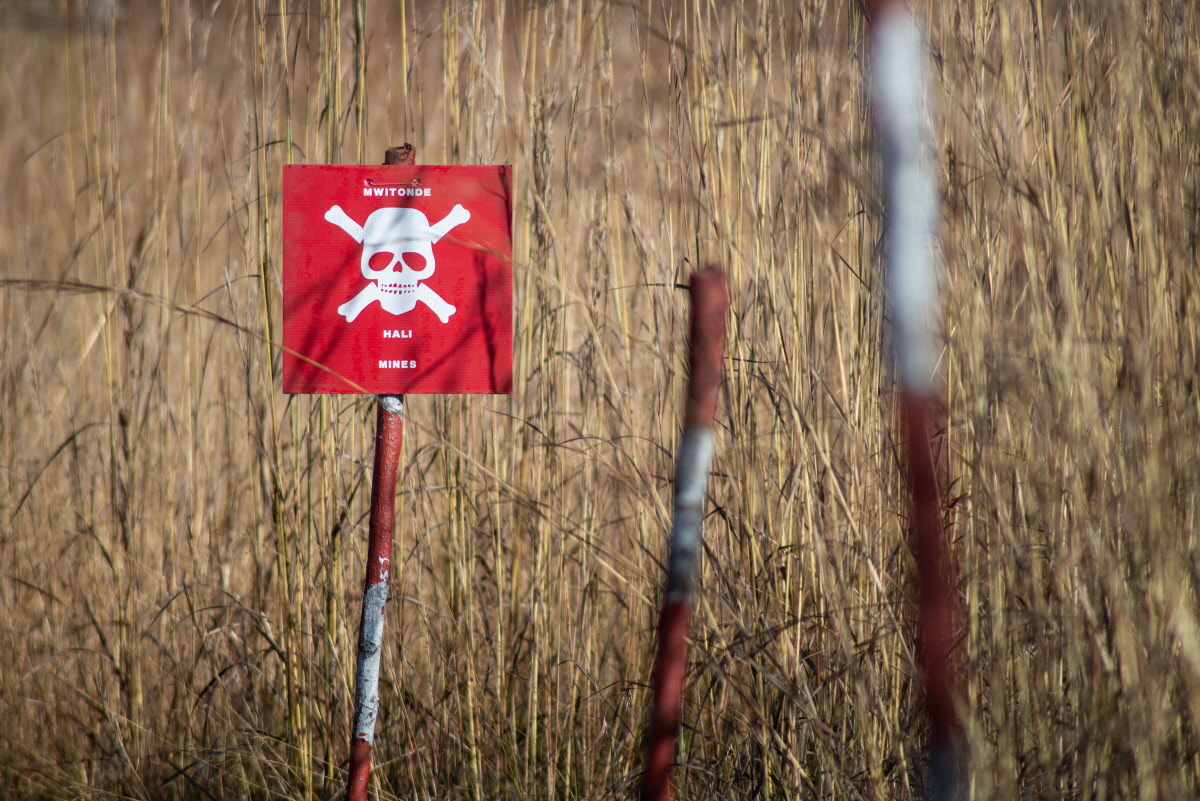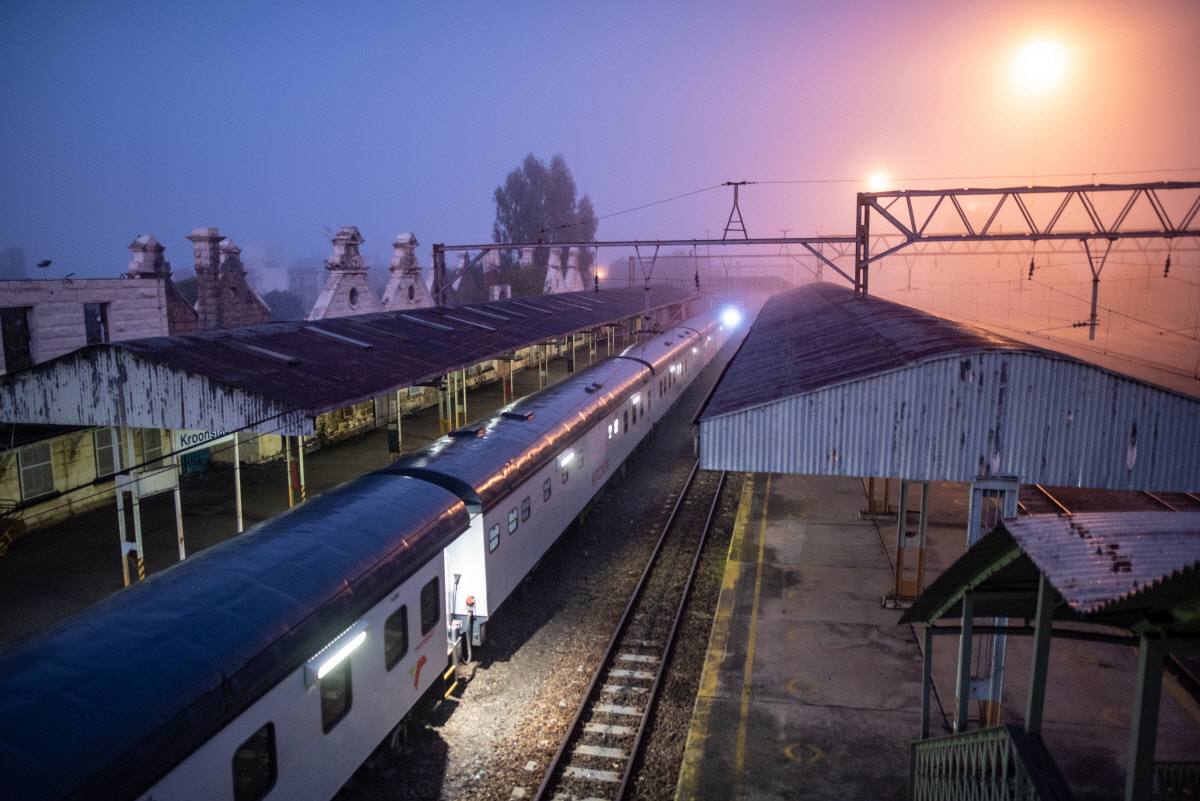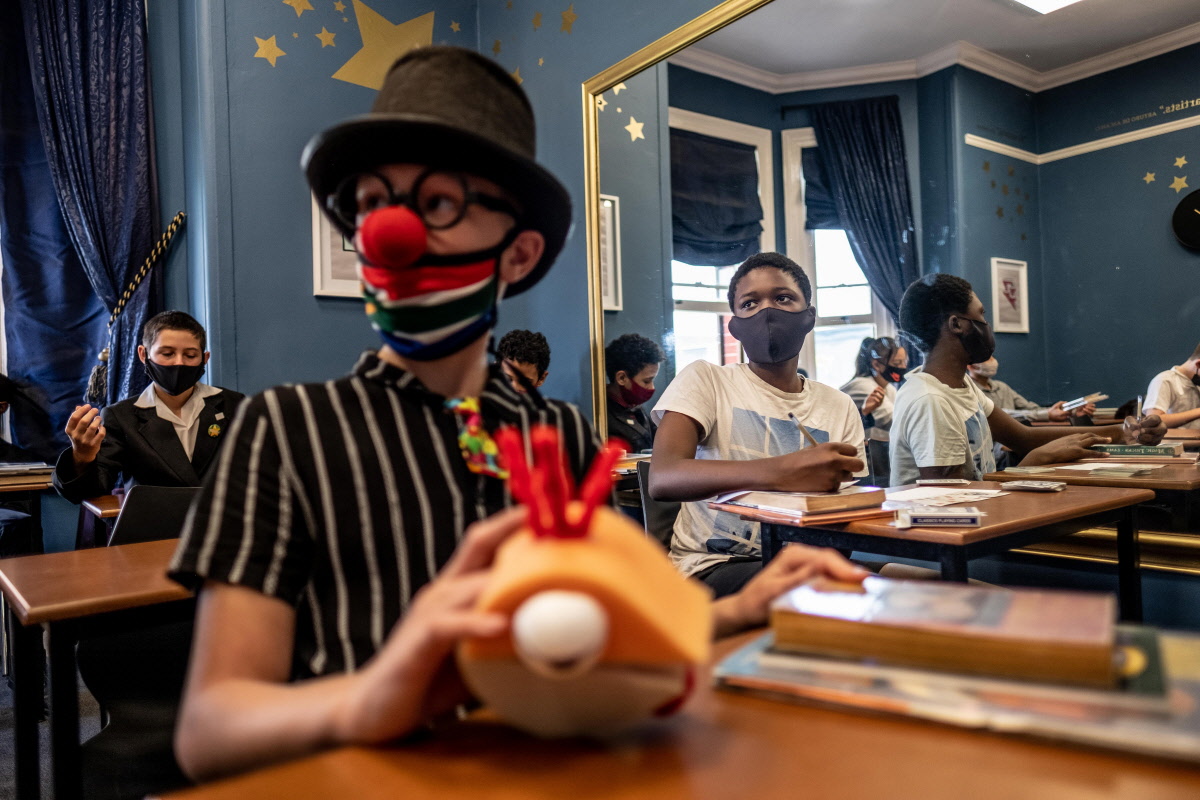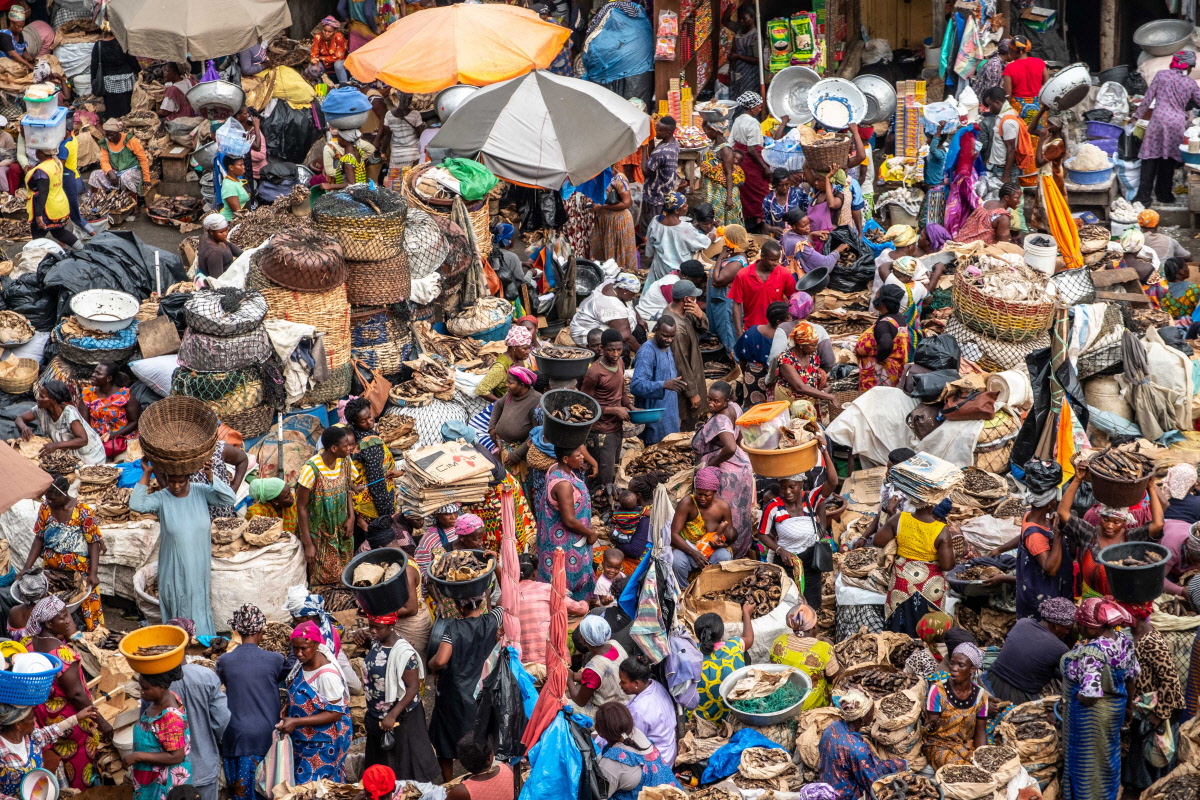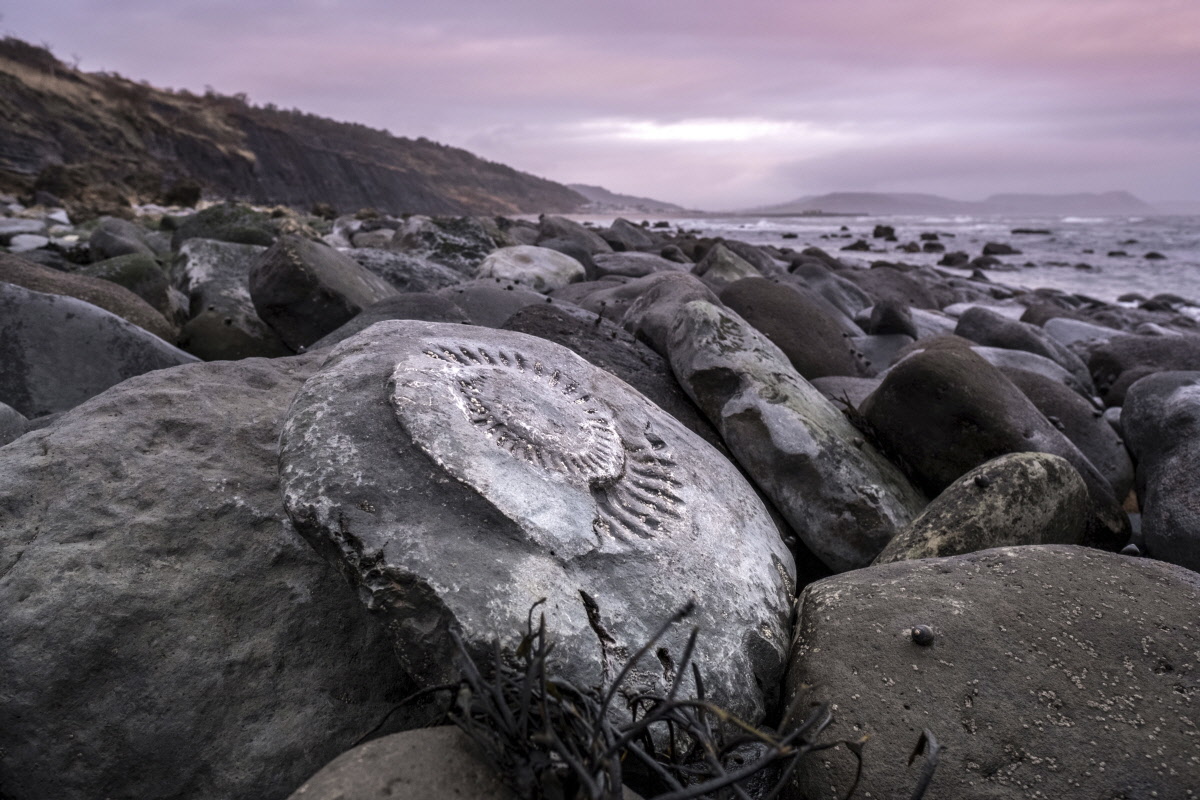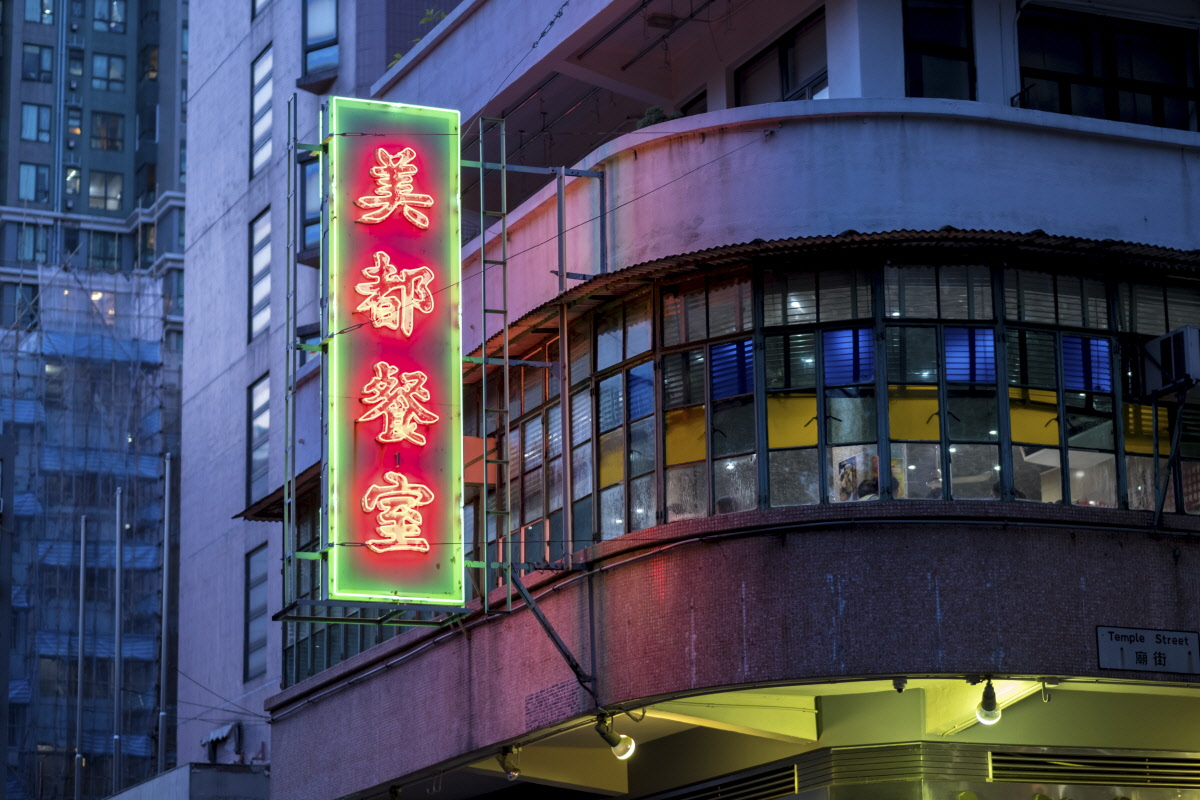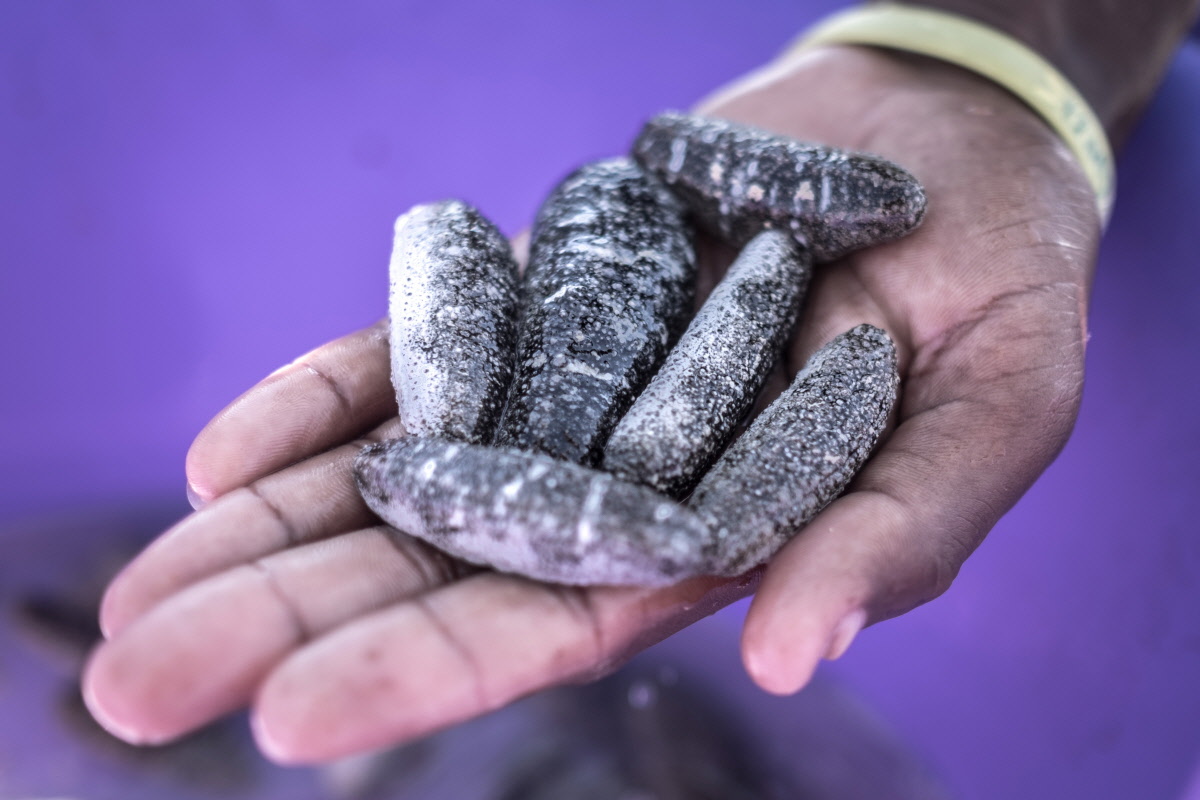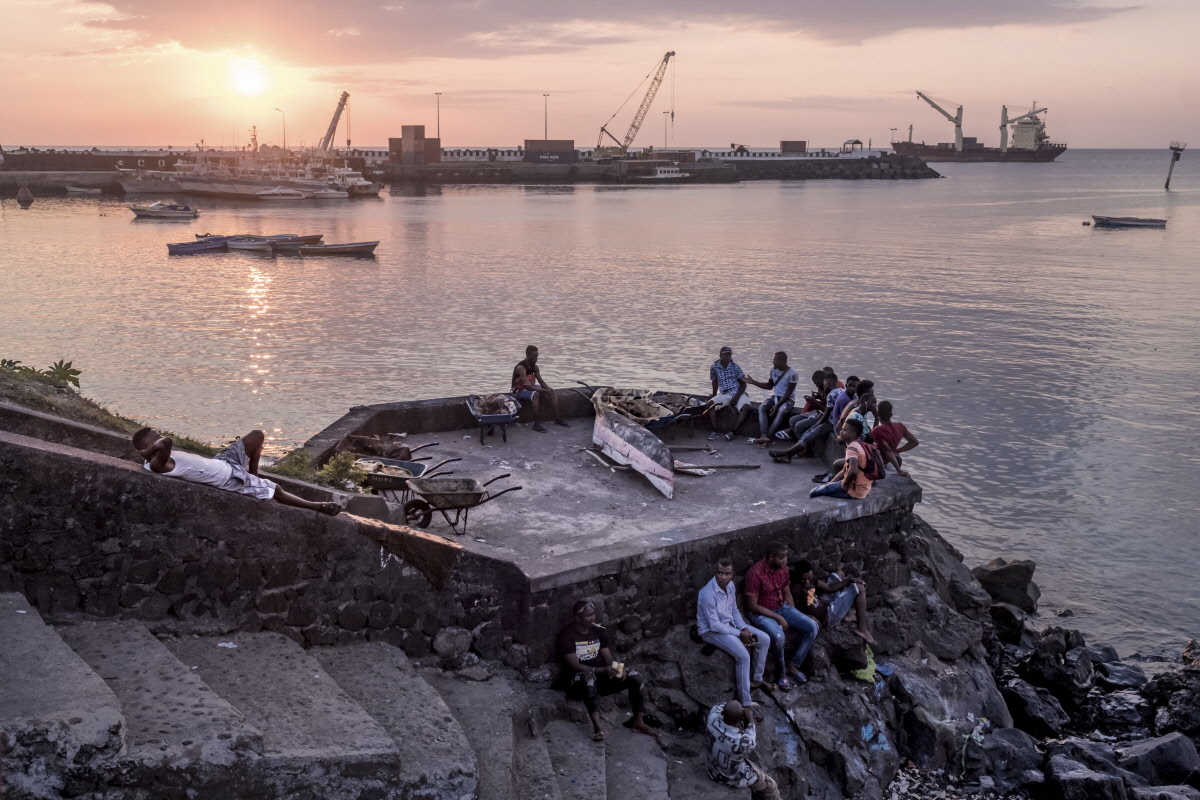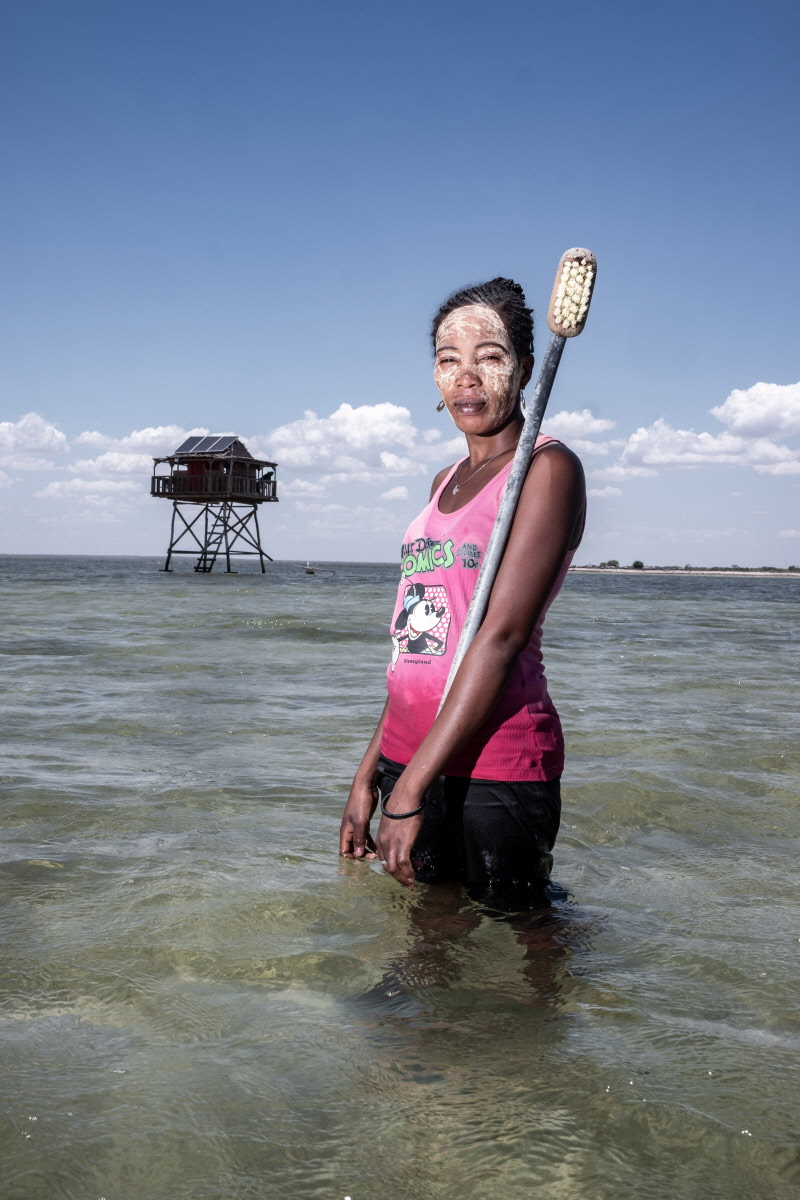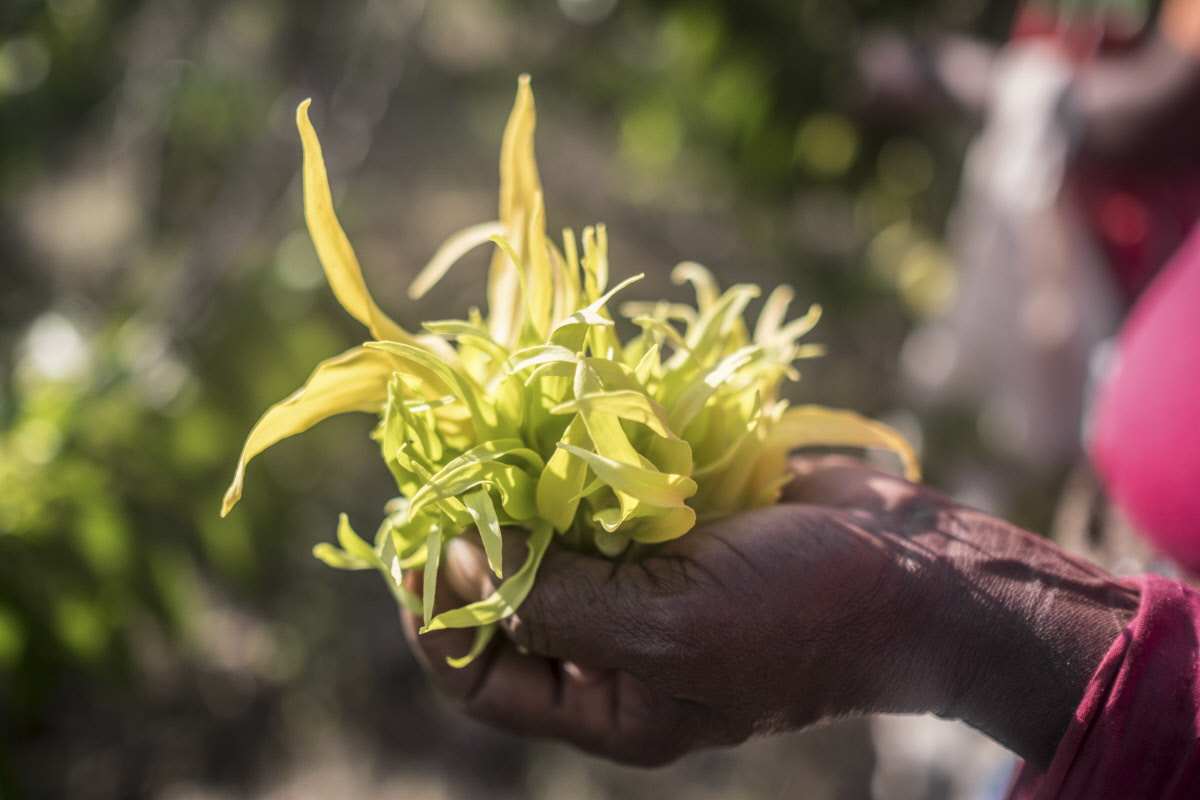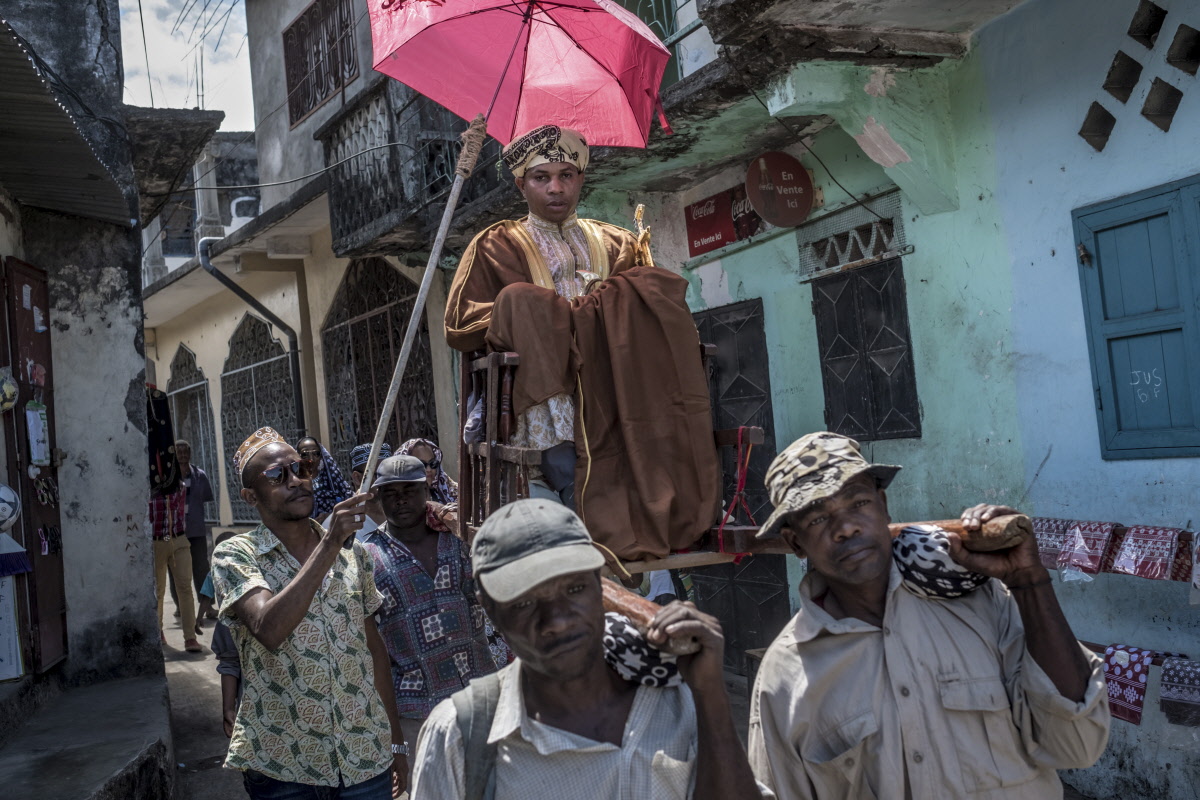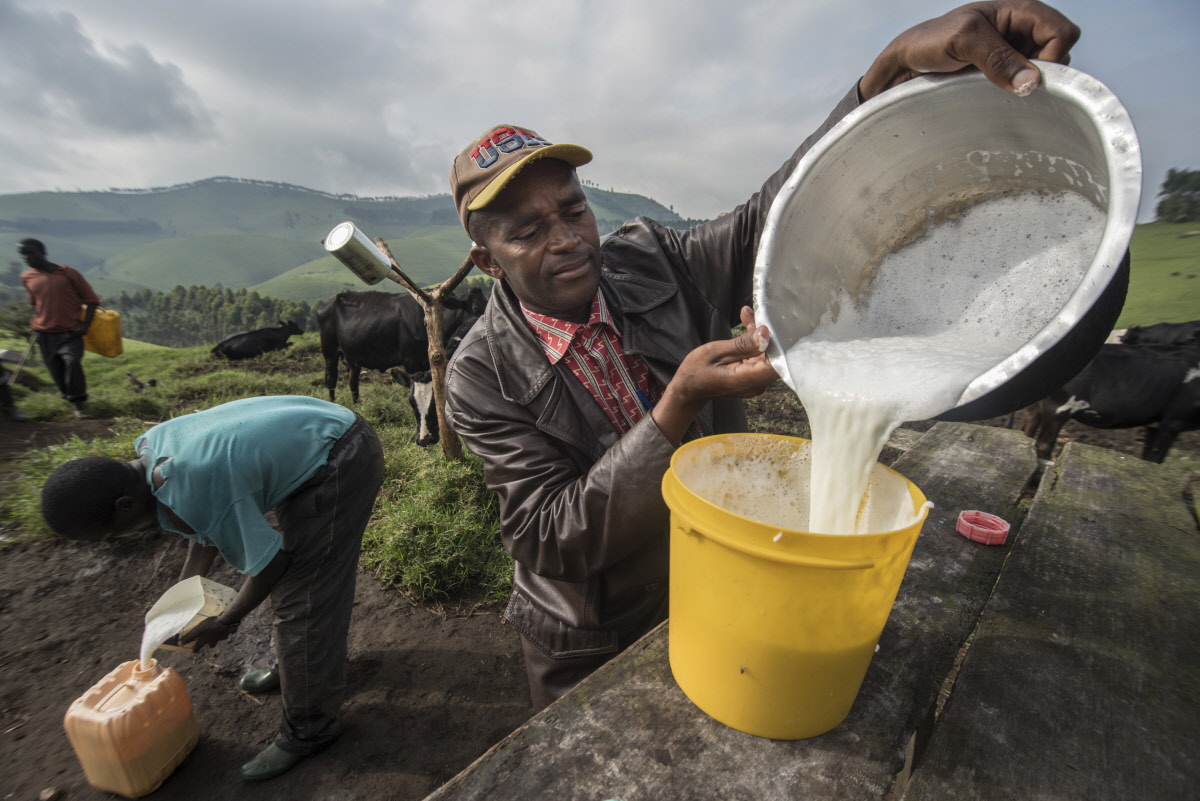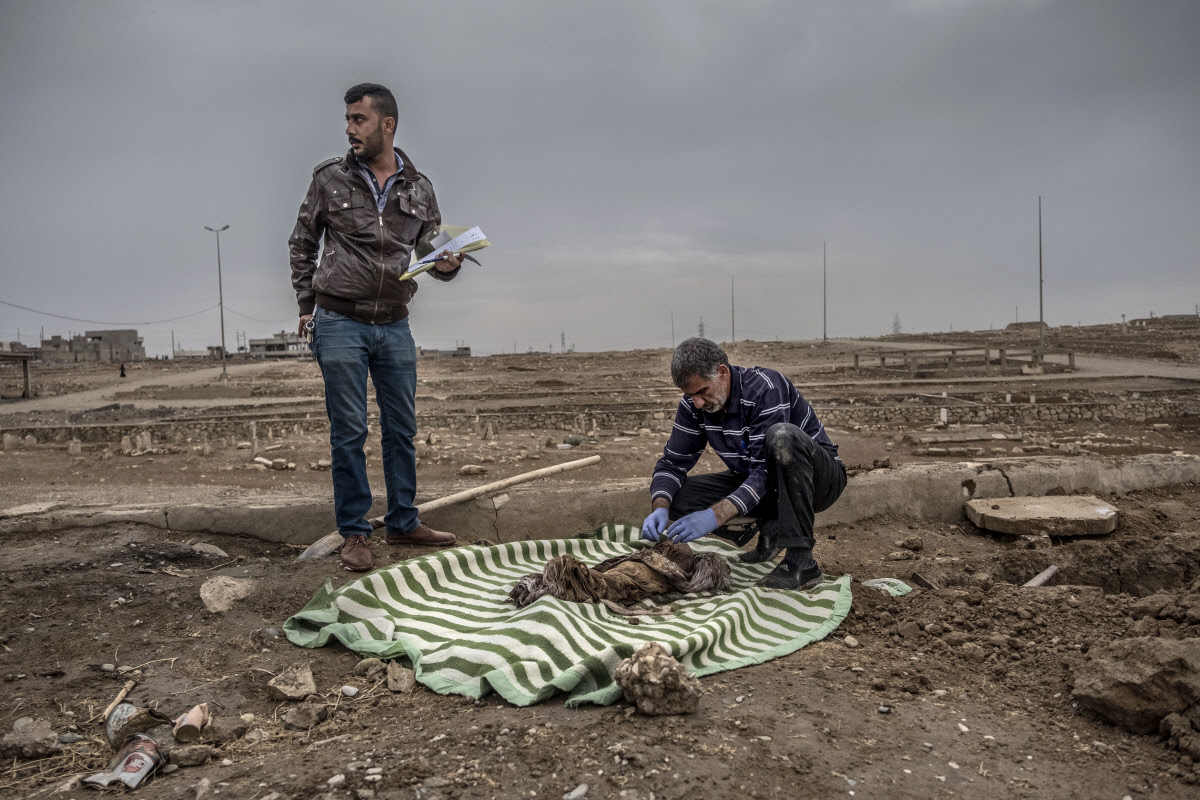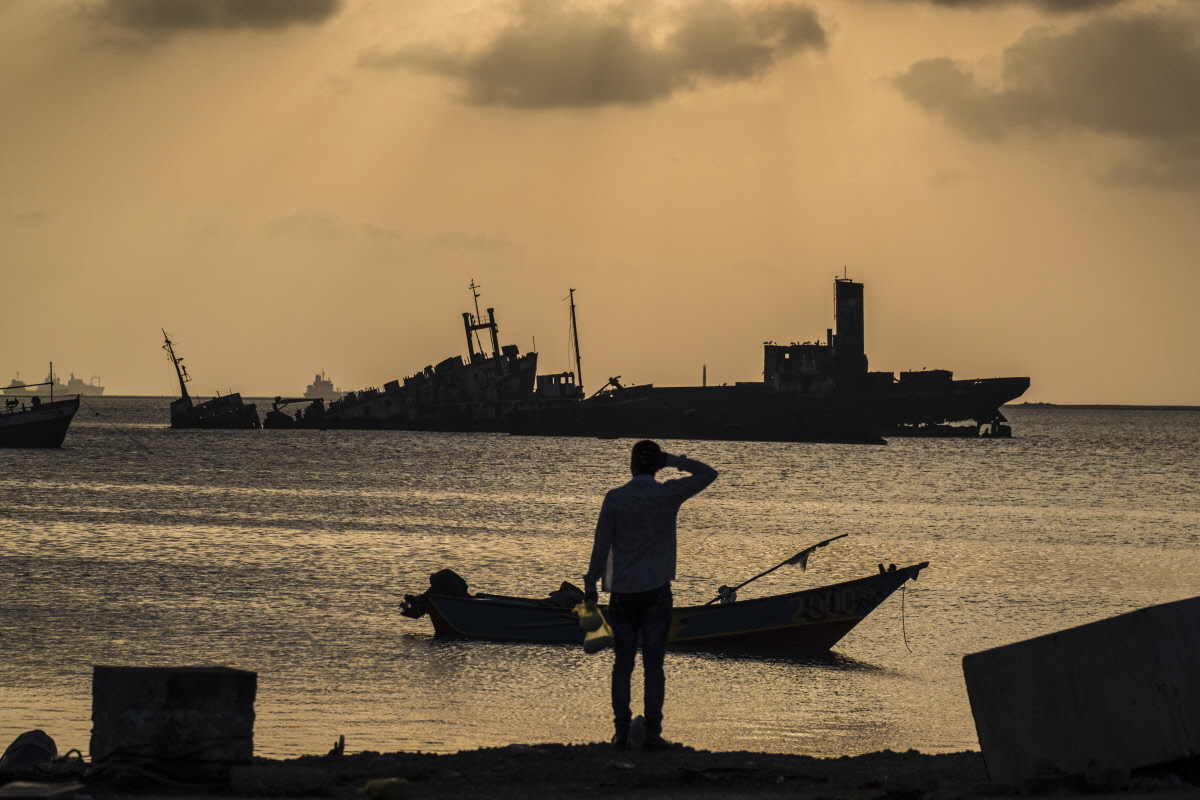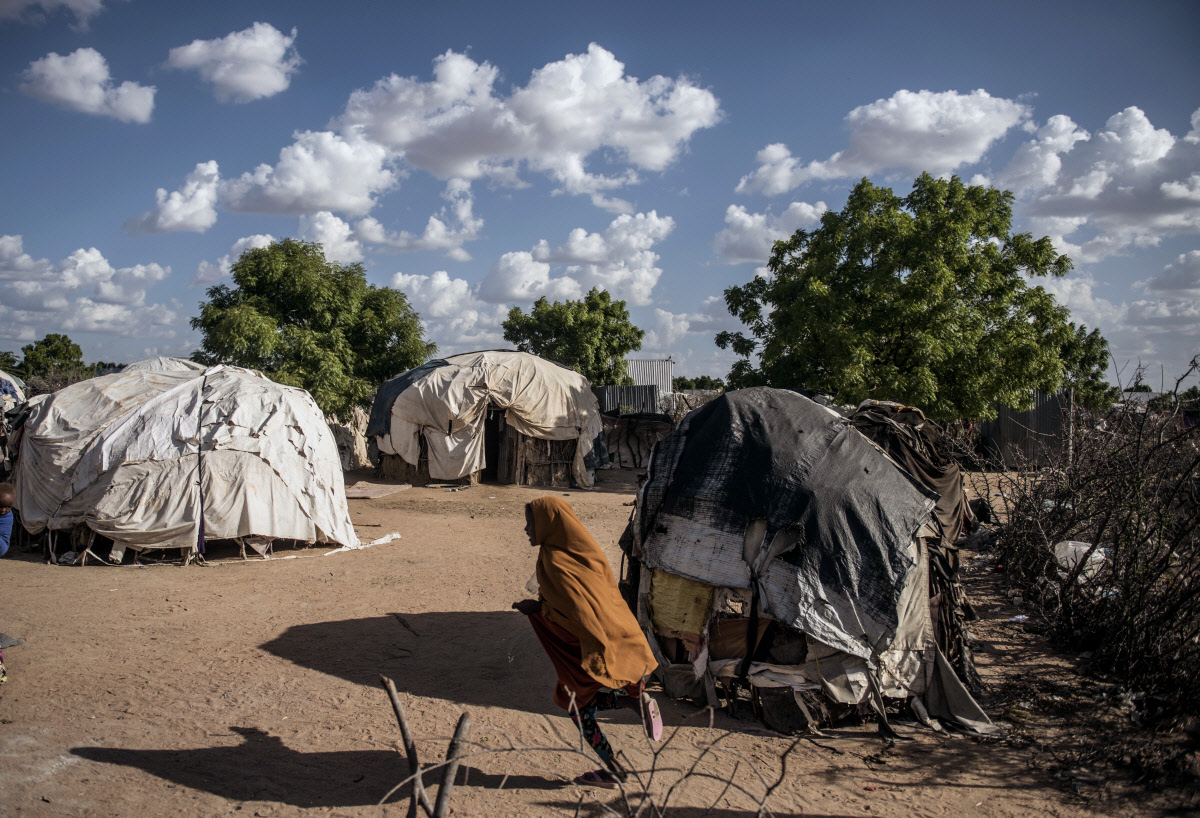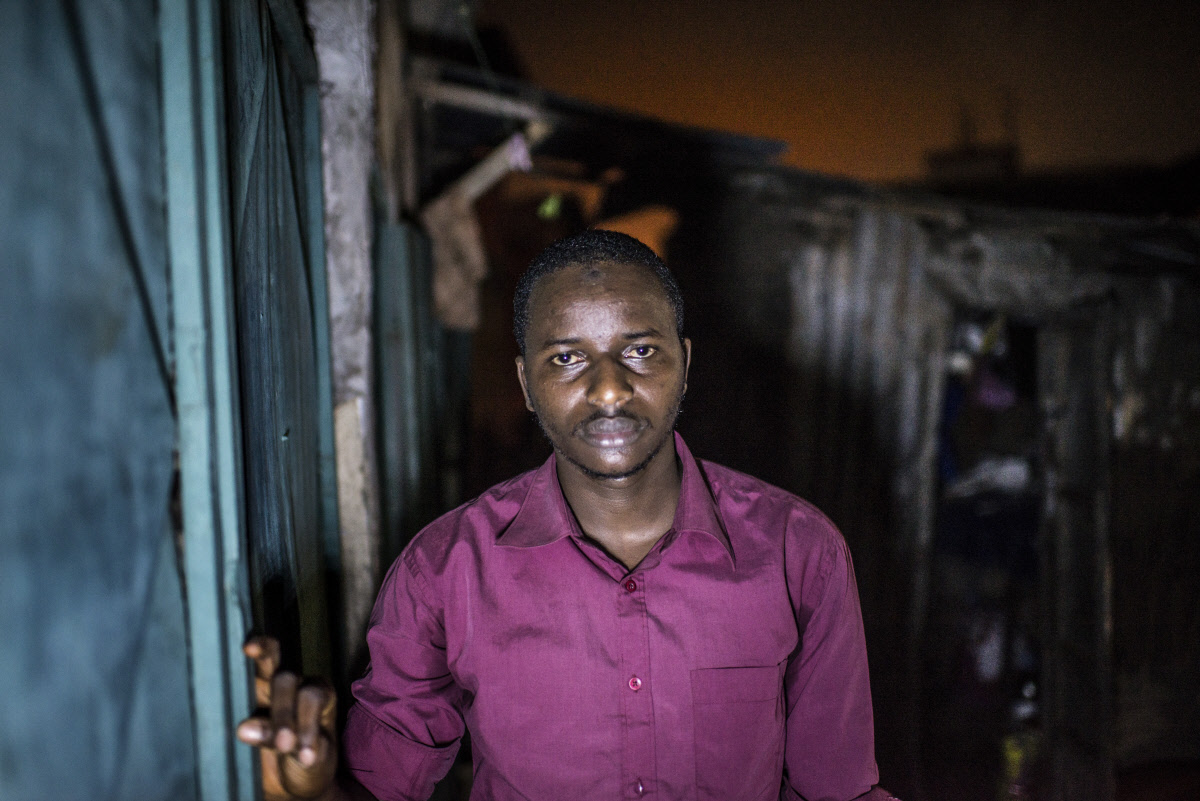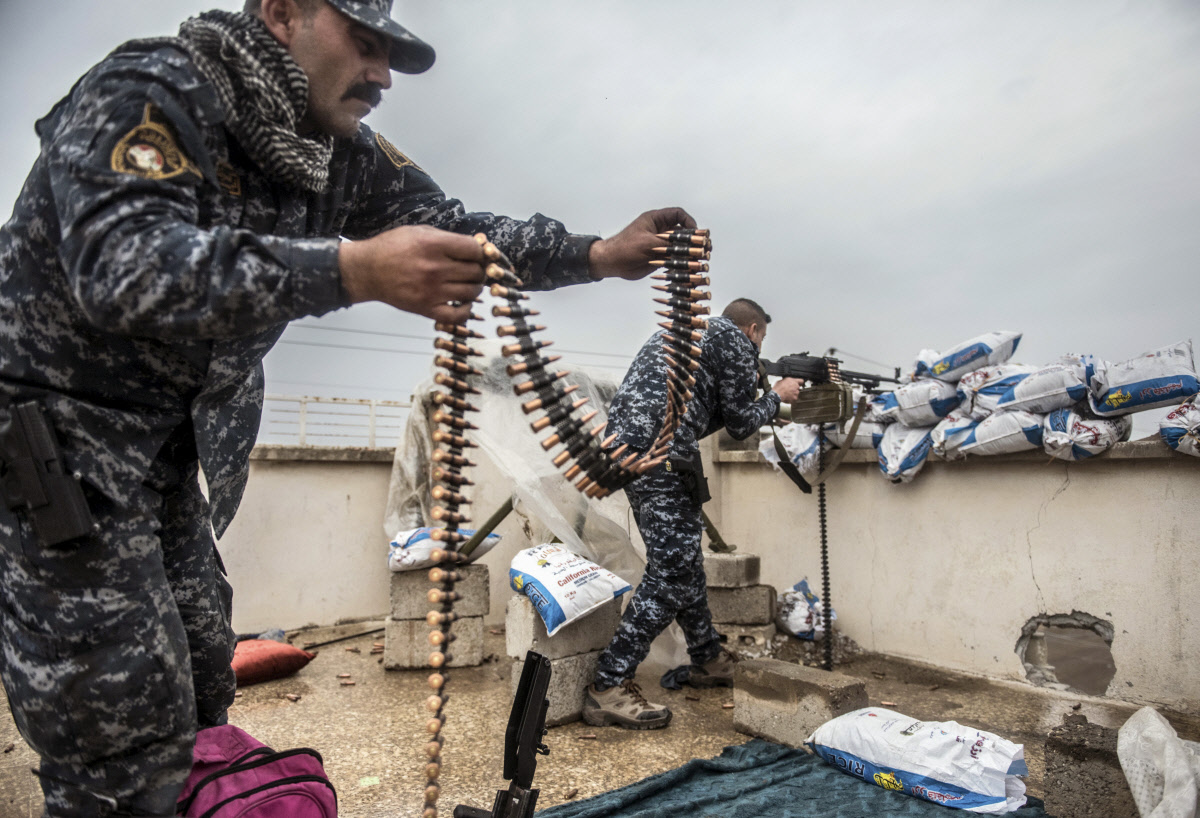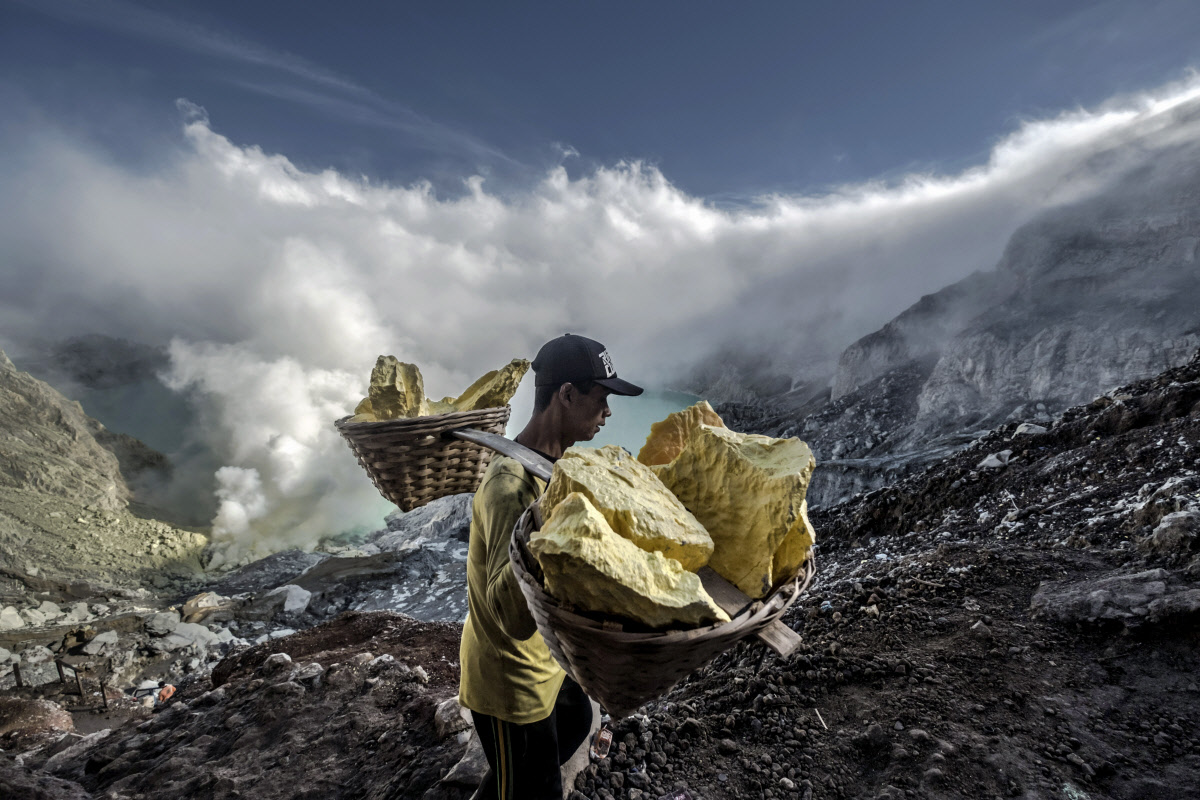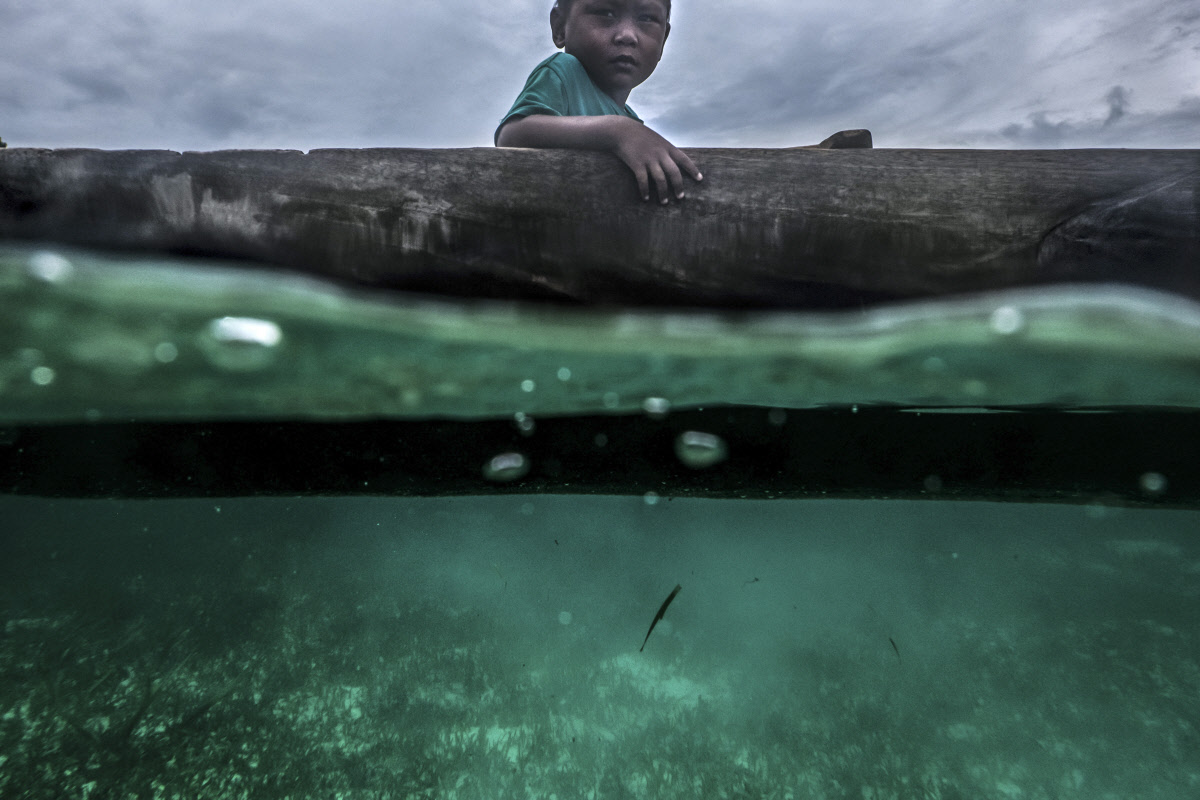Biography
British, 1988
Tommy Trenchard is a British journalist and photographer currently based in Cape Town, South Africa.
Formerly the Reuters correspondent for Sierra Leone, he works mainly in Africa and the Middle East in both text and photography for clients including the New York Times, The Economist, the Wall Street Journal, Newsweek, Stern Magazine, the Sunday Times, the New Republic, Nature, the BBC, NPR and AlJazeera among many others.
He also works regularly as a photographer for some of the world’s leading NGOs such as Medecins Sans Frontieres (MSF), The Red Cross, Save the Children, ActionAid, Oxfam and the International Rescue Committee.
Tommy’s work has won several international awards including the 2015 Amnesty International Media Award, the George Foster Peabody Award, an Emmy nomination, three gold medals at the Paris Photo Prize (Px3). He was also named one of the top emerging photographers of 2015 and 2017 by the Magenta Foundation. He featured on the Forbes 30 Under 30 list for 2018.
Each year tens of thousands of tourists visit the Zambian town of Livingstone to see the famous Victoria Falls and view the area’s abundant wildlife.
In a small town in central Tanzania, a trailblazing academy for giant rats is saving lives and changing perceptions of the world’s most maligned animal.
When the drug known as ‘kush’ first arrived in Sierra Leone six years ago, few had ever heard of it.
Off the coast of Sierra Leone, a remote island once home to three villages, large areas of forest and thousands of people is on the verge of disappearing into the sea, its land stripped away by devastating coastal erosion.
For hundreds of years, people have flourished in the floating villages of Tonle Sap lake, a vast body of water in central Cambodia renowned as one of the world’s most productive freshwater fisheries.
Stainless steel is used in the manufacture of everything from sky scrapers to saucepans, and in recent years, demand for the alloy has soared.
For generations, the indigenous Khoisan people of South Africa’s rugged Cederberg Mountains harvested the leaves of wild rooibos plants to brew tea and make herbal medicines.
Clubfoot is among the world’s most common birth defects, affecting one in every 800 babies, yet it is a condition that many in the West have never seen.
Over the past three years, a modern-day diamond rush has been playing out in the deserts of Namaqualand, South Africa.
In Cape Town, South Africa, atiny biotech startup is taking on Big Pharma as it looks to create an mRNA Covid-19 vaccine and share the technology with the world for free.
Under the cover of darkness on the night of March 27, 2017, housing activists snuck past the guards of two government-owned buildings in central Cape Town – a derelict hospital and an abandoned nursing home – and took up residence inside.
In May 2022, Dutch forensics expert Andro Vos launched the Wildlife Crime Forensics Academy, a first-of-its-kind institution that seeks to equip rangers and other environmental law enforcement officers with the skills needed to collect the vital forensic evidence required to convict poachers in court.
20 years after the end of its bitter, long-running civil war, Angola remains one of the most heavily mined nations on earth.
Since 1994, the Phelophepa train has been travelling around South Africa bringing affordable healthcare to rural communities who may otherwise have to go without.
Housed in a historic, Hogwartsesque mansion complete with hidden doorways and creaking staircases, the Cape Town College of Magic offers a space where students from every part of this rigidly divided city can come together to learn the art of wizardry.
Situated in the Ghanaian city of Kumasi, the sprawling commercial hub of Kejetia Market is West Africa’s answer to Amazon and Walmart combined.
Scientists first discovered the presence of neon gas in our atmosphere at the end of the 19th century.
In the middle of the night, villagers wade through shallow enclosures 100 metres offshore, looking for small, sausage-like creatures in the dark waters.
In an inaccessible and remote part of Madagascar where the state has virtually no presence, the local Vezo community has set up a marine protected area (MPA) to take control of its sole economic resource – the ocean.
With gangly yellow-green petals that hang limply from their stem, the ylang ylang flower is not much to look at.
In most cultures around the world, getting married marks a key moment in a person’s life.
Locals sometimes call it the “Switzerland of Africa” due to the rolling, verdant hills and the unlikely presence of European Swiss Brown and black and white Frisian cattle.
When the guns fell silent in Mosul as the Iraqi government wrested back control of the city from Islamic State militants, the grim task of recovering the bodies of the tens of thousands killed during the intense battle began.
The port of Berbera on the arid northern coast of Somaliland, a de-facto state which unilaterally declared independence from war-torn Somalia in 1991, has recently seen a lot of construction around its harbour area, with prices doubling along the waterfront and hotels sprucing up to welcome new guests.
In the semi-arid border region between Kenya and Somalia lies Dadaab, the world’s largest refugee camp which, with 330,000 inhabitants, is also one of Kenya’s largest cities.
The Worldwide Human Rights Movement (FIDH) and the Guinean Organisation for the Defence of Human and Citizen Rights (OGDH) have been fighting against impunity and exposing serious human rights violations in Guinea since 2010.
On 19 February 2017 Iraq’s Prime Minister, Haider al-Abadi, announced the resumption of the offensive on the city of Mosul, which had been under ISIS control since 2014.
On the slopes of Mount Ijen in eastern Java, a group of around 110 local men carry out one of the most demanding and dangerous jobs.
By the time Dafrin Ambotang was four years old, he could already hold his breath and dive down to the coral-strewn sea bed of the lagoon in front of his house.

